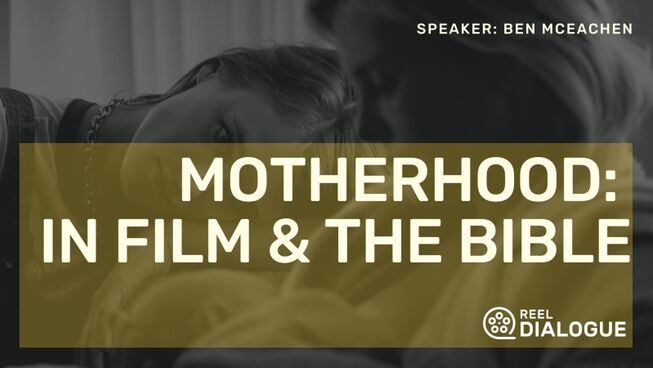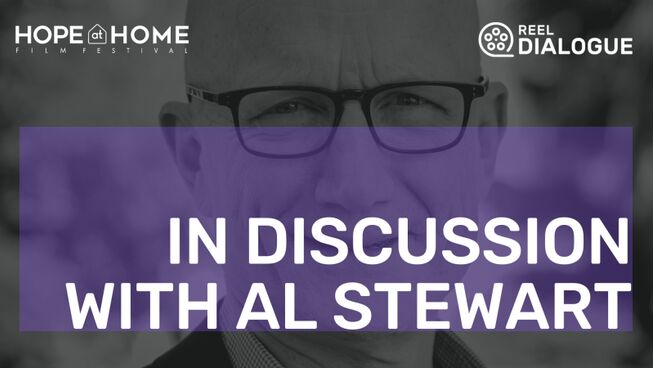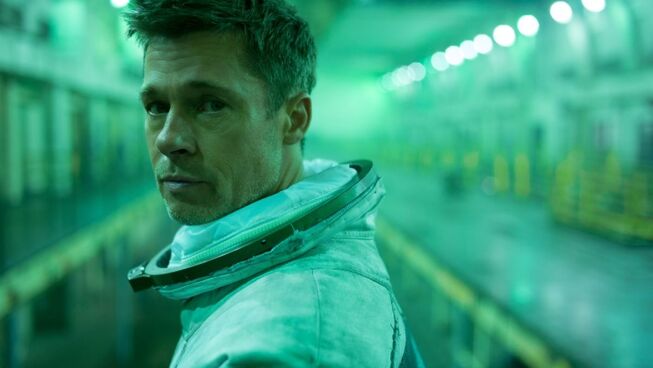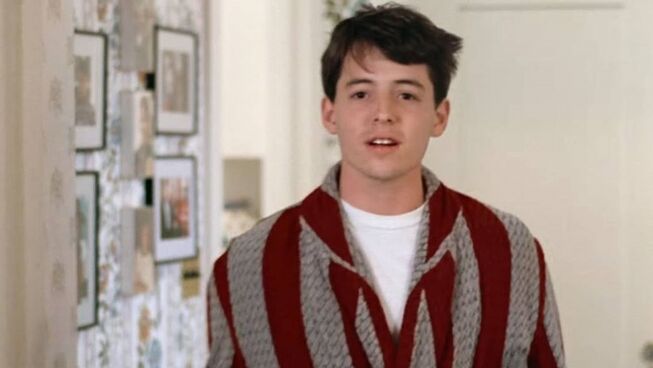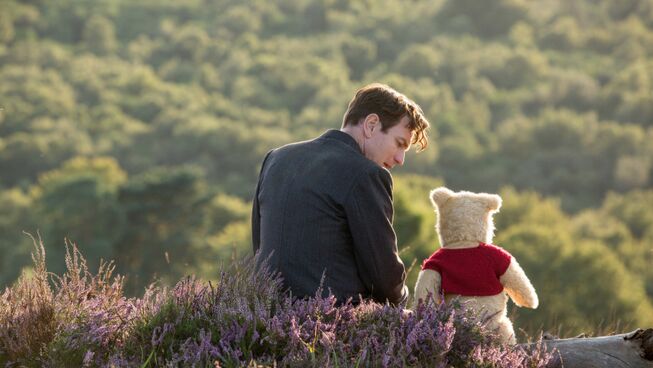
4 out of 5 stars
‘Doing nothing often leads to the very best kind of something.’ Winnie the Pooh
When A.A. Milne was writing his stories of his son and his stuffed animals playing in the 100-acre wood, there is no way the celebrated author could have predicted that these characters would become the cultural phenomenon that would span generations. Then for his family members to become the centrepiece of books, plays and films must have been a surprise to all involved. Unlike the dark and dreary 2017’s Goodbye Christopher Robin which focussed on the actual life experience of Milne’s son, Disney studios and director Marc Forster (World War Z) looks to reimagine the life of the Christopher Robin of the children’s books. By asking the question of what would happen to him if he left the toy animals behind, experienced the realities of life outside the 100-acre wood and became an adult? Would Pooh play as formative of a role in the later years as he did in Chris’ childhood?
Opening during the farewell tea with his band of forever friends, Christopher Robin is heading into life by being sent to boarding school. This becomes the catalyst for his growth as an adult, as he experiences loss, war, marriage, parenting and the workplace, the imagined world of Sussex becomes a distant memory. Even though his wife and daughter yearn for more time with him, Chris (Ewan McGregor) chooses to put his career first and works through another weekend as his family heads off to the legendary cottage.
While he works on his own in London, he gets to the point of frustration and by a mysterious twist of fate, Winnie the Pooh (voiced by Jim Cummings) shows up in this new world to ask for help and ultimately to save the businessman from himself. Despite the pressures of the office, the business executive chooses to take the bear back to the wood and find all of his old friends. During his search for these magical animals, Chris discovers something about himself in the process as the world of imagination and realty come together. With the help of Pooh, Eeyore, Tigger, Piglet and his family he does all that he can to save his job, the company and his marriage.
For those who have read through the wanderings of the classic tales of the little boy and his bear, it is hard to look past the profoundly philosophical narrative and the meandering feel of their journey together. Winnie the Pooh does not convey a world of action, but has more of a calming effect on the soul. This element makes it still resonate throughout the years and gives it a unique place in the world of children’s literature. Marc Forster manages to capture this element of the A.A. Milne’s stories, for better or worse. The combination of the animated creatures and the real world they inhabit is seamless. The rich characters and the nature of gaining wisdom from a bear that has a head full of fluff permeate the film. Which may initially cause some tension for modern audiences and cause them to adjust their expectations of this fantasy adventure. The special effects and winsome nature of all of the characters will lead to more of a fanciful response than one of high-packed adventure.
The challenge for parents who go to see this film is realising that this film is more for them than it may be for children raised on Pixar films and Star Wars. The storyline is one for overworked and materialistic family members who need to be reminded of what is essential in life and how it is is good to get in touch with their inner-child. The message is worthwhile and engaging, but maybe a bit too much for the younger viewers. There is no objectionable material, but ultimately this is a children’s story for adults. Bearing that in mind, Christopher Robin is a joyful ride for older children to enjoy with their family.
What should I know as a parent before going into Christopher Robin?
The only warning associated with the film is that it deals with some deep philosophical issues. Younger viewers may get bored, because of the pace. Despite this aspect it is accessible to all in the family. Even though this film is worth sending your children to see, it would even be better for parents to attend the screening with their child. This is a marvellous opportunity to engage with your child and discuss the value of family and how we spend our time, and the means of caring for the family and for our own health.

